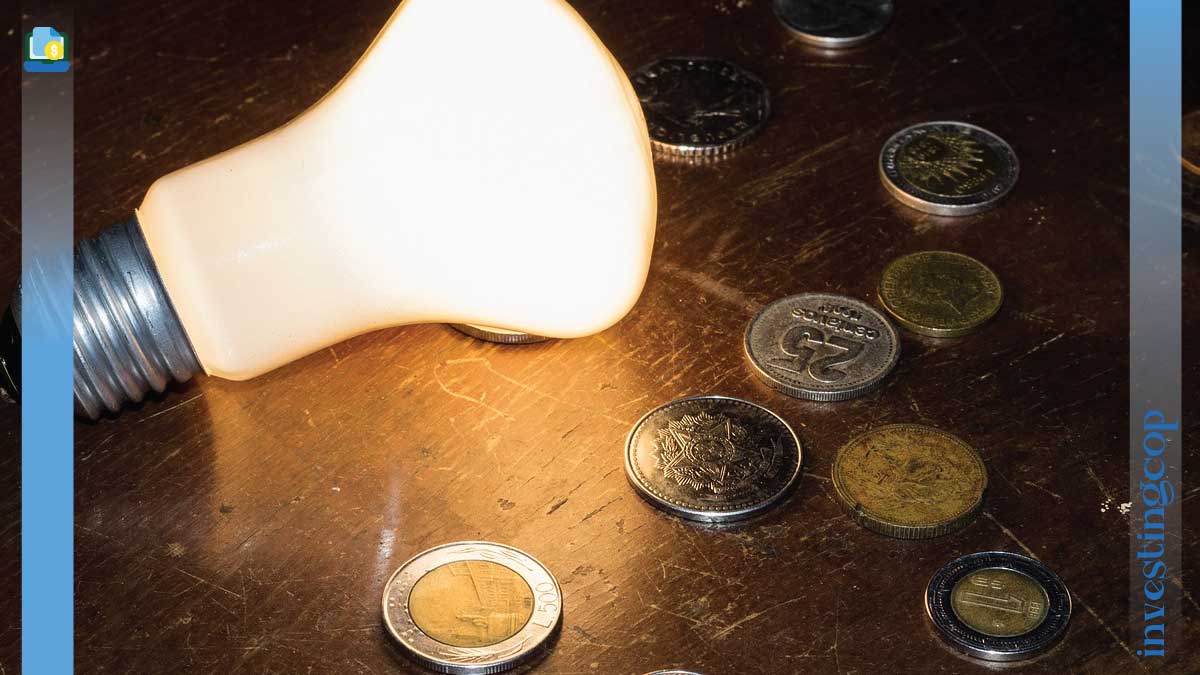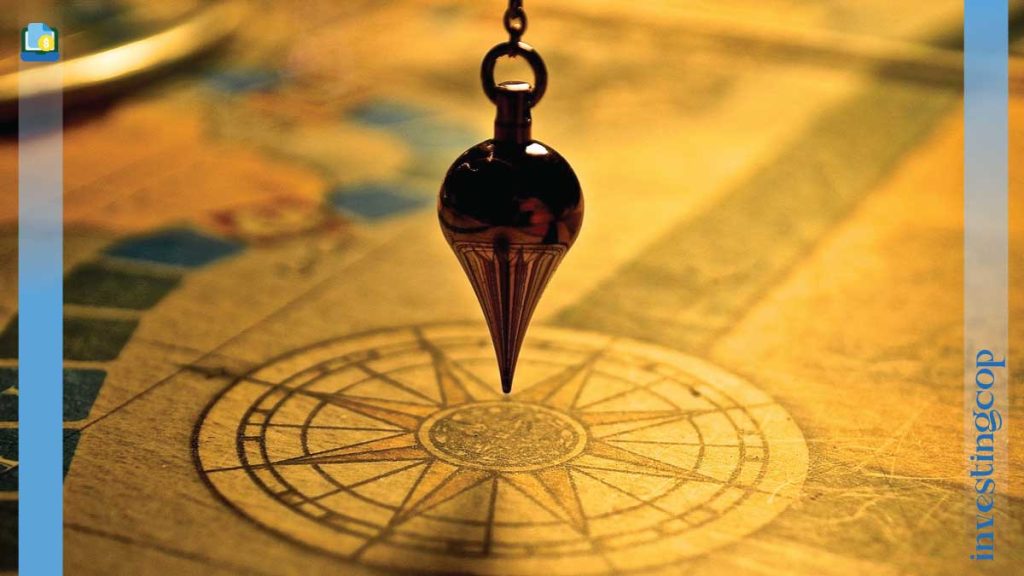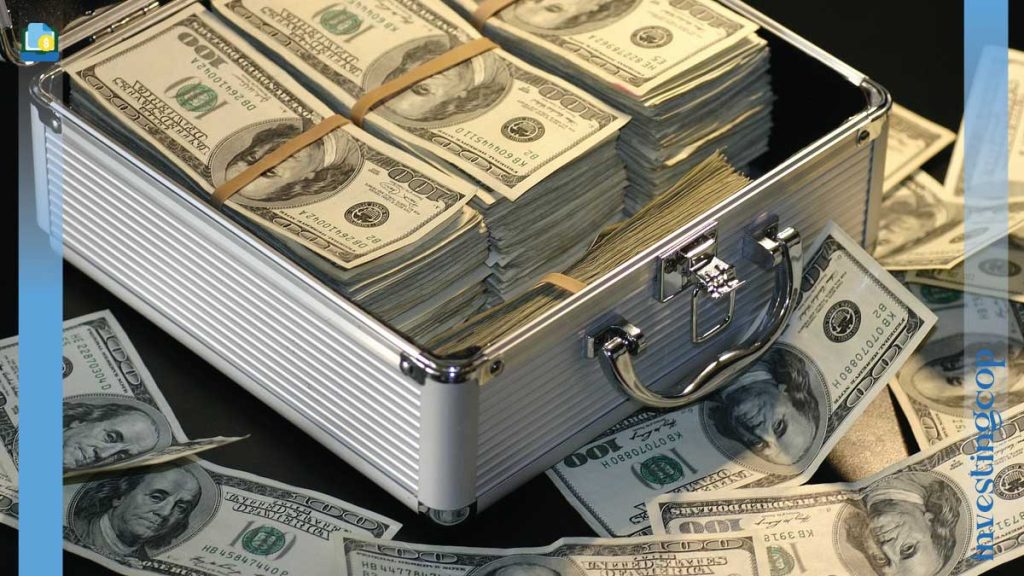Understanding the stages of the economic process is critical for any investor. The activities at each stage of the economic process are important to investors. This knowledge allows you to make more informed decisions, maximize your returns, and better manage risks. Below are the key stages of the economic process that every investor should be aware of.
The economic process refers to the activities carried out by economic agents (such as individuals, companies and governments) to satisfy their needs and desires through the production, distribution and consumption of goods and services.
This process is cyclical and continuous, adapting to changes in the economic and social environment, and each stage is decisive for the functioning of the economy.
The stages of the economic process
There are several phases in the economic process: planning, production, circulation, distribution, consumption and investment of goods and services.
This cycle is not static; on the contrary, it is dynamic and perpetually adjustable, responding to changes and fluctuations in the economic and social environment.
1. Planning
Planning is the first stage of the economic process and focuses on establishing objectives and strategies.
Here, companies identify the necessary resources and allocate them efficiently.
For investors, understanding this stage is vital, as it allows them to evaluate the viability of investment projects based on clear and well-defined goals.
2. Production
Production involves the transformation of resources into goods and services. It is the phase where production factors such as land, capital and labour are combined to create products that satisfy market needs.
Investing in companies with efficient and sustainable production processes can offer higher returns in the long term.
Productive factors
- Land: Natural resources used in production.
- Work: Human effort applied in the production process.
- Capital: Assets used to produce other goods and services.
- Entrepreneurship: The ability of entrepreneurs to efficiently combine other factors.
3. Circulation
Circulation refers to the movement of goods and services from producers to consumers through different distribution channels.
At this stage, activities such as transportation, storage and marketing are essential.
For investors, this stage is important because it determines how and when products will reach the market, directly impacting sales and return on investment.
4. Distribution
At the distribution stage, the income generated in production is distributed among the different productive factors.
Workers receive wages, capital owners earn interest or dividends, and land owners earn rents.
Understanding how income is distributed allows you to assess the fairness and efficiency of the economic process, which is essential for sustainable investments.
5. Consumption
Consumption is the stage in which the goods and services produced are acquired and used by consumers.
This phase is crucial because consumer demand drives production and, therefore, the entire economy.
For investors, analyzing consumption patterns can reveal investment opportunities in sectors with high demand.
6. Investment
Investment involves the use of financial resources to create new goods and services or improve existing ones.
This stage closes the economic cycle and is essential for growth and development.
Investment decisions should be based on a careful assessment of risks and potential rewards, ensuring consistent and sustainable returns.
Risk assessment
- Credit risk: The likelihood that a borrower will default on its obligations.
- Liquidity risk: Ease of converting an asset into cash without losing value.
- Interest rate risk: Impact of fluctuations in interest rates on returns.
- Currency risk: Effects of changes in exchange rates on foreign investments.
The phases of the business cycle interact and influence each other, creating a flexible system that responds to changes in the global economy, government policies, technological innovations and social transformations.
Importance of the economic process
The economic process is fundamental to the functioning and development of the economy, since:
Satisfies needs: Through the production and distribution of goods and services, the economic process allows individuals to satisfy their basic needs and desires.
Generates wealth and employment: The production and marketing of goods and services create employment and generate income, contributing to economic development and social well-being.
Promotes innovation: Competition in the market and the search for efficiency encourage innovation and technological development, improving the quality of the products and services offered.
Promotes sustainable development: Proper investment and planning ensure that resources are used efficiently and sustainably, benefiting both present and future generations.





